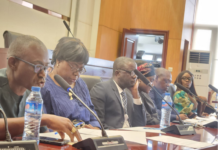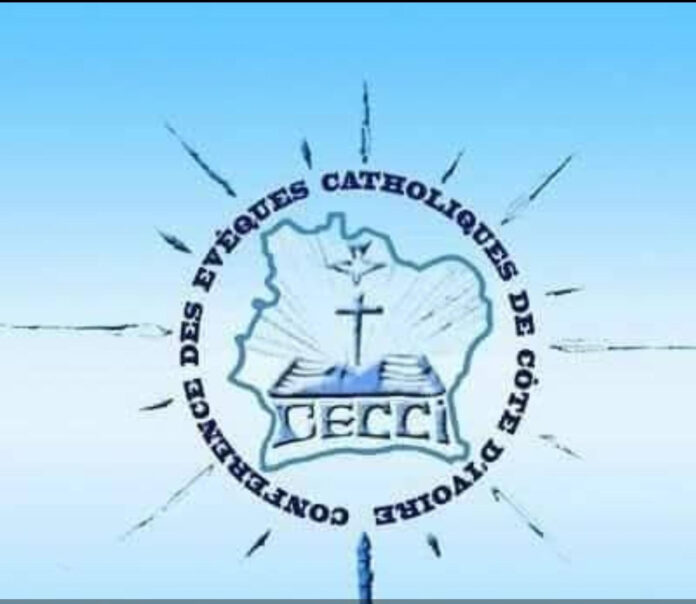As Ivorians prepare to vote in a contentious presidential election on Saturday, October 25, the country’s Catholic bishops have issued a stark and unprecedented warning, cautioning that the nation stands on the brink of political unrest.
In a strongly worded communiqué released on the eve of the vote, the Catholic Bishops’ Conference of Côte d’Ivoire (CECCI) declared, “The fire is lit; the embers are smoking,” a metaphor that underscores the gravity of the current political climate. The statement, signed collectively by the country’s archbishops and bishops, departs from the Church’s traditionally neutral posture and signals deep concern over the trajectory of the electoral process.
The bishops cited a pre-election environment marred by violence, repression, and exclusion. “Deaths, arrests, imprisonments, injuries, and considerable material damage” have characterized the lead-up to the vote, they said, holding both the ruling party and opposition accountable for the deteriorating situation.
This marks the fourth public appeal by CECCI this year, reflecting mounting frustration with the political establishment. The bishops criticized the government’s suppression of dissent and the electoral commission’s disqualification of prominent opposition figures, including former Prime Minister Tidjane Thiam and ex-President Laurent Gbagbo. They also condemned the opposition’s hardline tactics, which they say have contributed to civil unrest.
Political analyst Dr. Sika Konan, based in Abidjan, described the bishops’ language as “extraordinary.” “To say ‘the fire is lit’ is not a warning—it’s a diagnosis,” he said. “It’s an ultimatum from the moral conscience of the nation. Every previous appeal—from January’s call for dialogue to March’s plea for an inclusive process—has gone unheeded.”
With political dialogue at a standstill, the bishops have turned to spiritual intervention, urging Ivorians to embrace “the weapons of prayer and fasting” as a means to avert further violence. The communiqué’s theological framing reflects a broader disillusionment with the political process and a shift toward moral and spiritual resistance.
The bishops concluded their message with a prayer for “true conversion of hearts” and a renewed commitment to “forgiveness and fraternity.” Their appeal suggests that the crisis transcends electoral mechanics and points to a deeper moral failure within the political system.
As voters head to the polls in an election widely viewed as non-competitive, the outcome may be judged not only by the official results but by whether the tensions described by the Church erupt into broader conflict.
The stakes are high for Côte d’Ivoire, the world’s leading cocoa producer, as it teeters between democratic uncertainty and the hope for peace—anchored, for now, in the prayers of its religious leaders.























